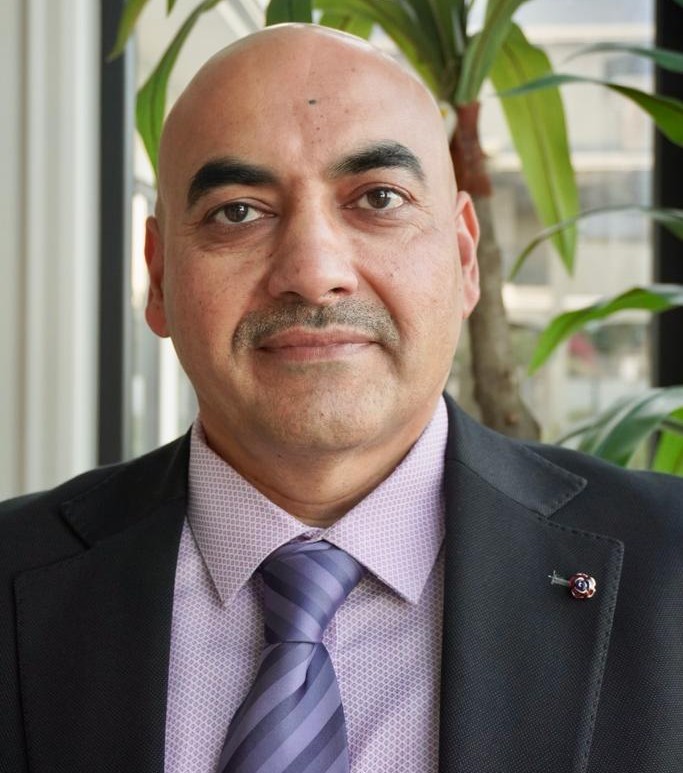By: Sanjay Laul, Founder of MSM Unify
The global pursuit of an international degree no longer requires a plane ticket. Here comes the new era of borderless international education, with students from emerging countries accessing world-class programs without leaving their home, is taking hold. The UK’s Higher Education Statistics Agency (HESA) revealed that the number of enrolled students in UK Transnational Education has reached over 606,485 in the academic year 2022-23, a growth driven by Asian countries.
TNE Year-on-Year Growth
Having dual degrees or franchise-type programs, or even branch campuses, online delivery, Transnational Education helps the student, often from emerging economies, in accessing international education without actually physically moving. HESA shared that, even with the disruptions of the pandemic, over 510,835 students were enrolled in the UK TNE programs in 2020-21, in 228 countries and territories, reflecting a 12.7% year-to-year addition.
In 2022-23, the number of students in UK TNE grew to 606,485, with an 8.8 percent year-to-year increase. These students were studying for UK degrees via offshore, online, or partnership models.
Asia is the dominant region for UK TNE. Industry reports revealed that 51.5 % or 312,295 of TNE enrollments came from Asian countries. This is followed by Europe with 110,750 students, the Middle East with 82,930 students, Africa with 64,790 students, and North America with 29,455 students.
Hybrid Models and Strategic Partnerships on the Rise
The British Council reports that 59 % of UK TNE programs are delivered through partnerships with local institutions, 24 % via branch campuses, and 17 % via online and distance learning, demonstrating a shift toward multi-modal, locally embedded delivery models.
Going into 2025, a new trend is emerging where governments that are open to UK TNE are eyeing in internationalizing their own higher education systems through partnerships instead of sending students abroad. In a session in 2024, the British Council highlighted the top five purposes of TNE among 19 countries. Results showed that the internationalization of the domestic higher education system came first. Enhancing the quality of the higher education system, widening access to higher education, and increasing diversity are among the other reasons.
Moreover, the number of TNE partnerships continues to grow. In the 2022-23 academic year, UK TNE programs delivered through overseas partnerships saw an increase to 155,025 international students, up from 138,090 the previous year. Similarly, TNE delivered via other collaborative arrangements also jumped up, enrolling 252,405 students in 2022-23 compared to 225,675 the year before.
India as the Leading Destination for Inbound TNE by 2030
Governments of the countries like India, Malaysia and the UAE are now encouraging international partnerships and local delivery of international programs to develop talent pipelines, support economic growth and retain top talent in the country. Recent study from the Institute for Higher Education Policy revealed that effective TNE delivery can address pressing issues of brain drain, skill shortages and cost barriers.
In India, under NEP 2020, the government has granted permissions via the University Grants Commission (UGC) for top-ranked international universities to establish branch campuses within India, according to the government’s National Education Policy 2020.
There are already five prestigious institutions that have been awarded Letters of Intent (LOIs) to start campuses in Navi Mumbai. This includes the University of Aberdeen (UK), University of York (UK), University of Western Australia, Illinois Institute of Technology (USA), and Istituto Europeo di Design (Italy). These campuses are also positioned to offer programs at 25-30% lower than fees charged overseas.
According to the British Council’s director of education for India, Rittika Chanda Parruck, India is working hard to prepare to become a partner to different foreign institutions. She also mentioned that there are around a dozen top UK universities that have shown interest in opening a branch campus in India. Moreover, industry experts shared that there are already 33,000 Indian TNE students enrolled in Welsh institutions in the country.
On the current momentum, India could emerge as the world’s leading destination for inbound TNE by 2030. TNE’s future is local, digital, and job-linked. We’re moving from recruitment to capacity building. In India, that means co-building ecosystems with universities, regulators, and employers so by 2030 the country can stand as a global hub for inbound TNE while universities expand sustainably abroad.



